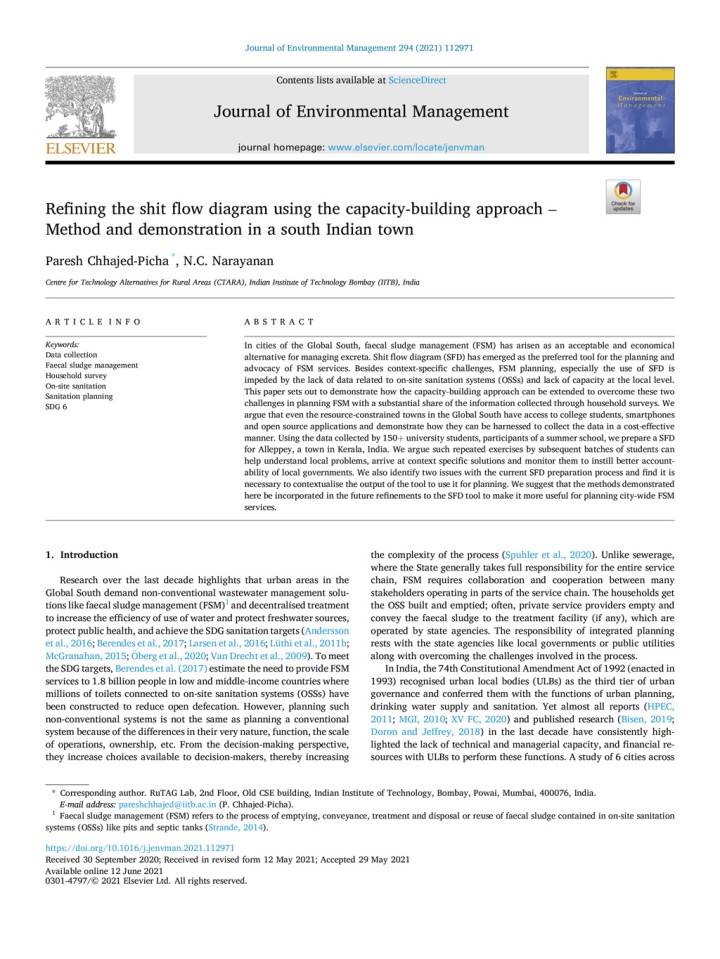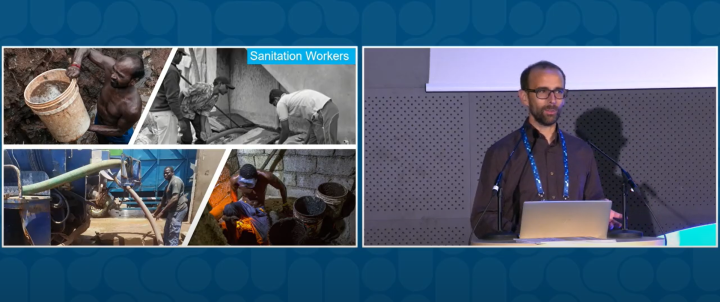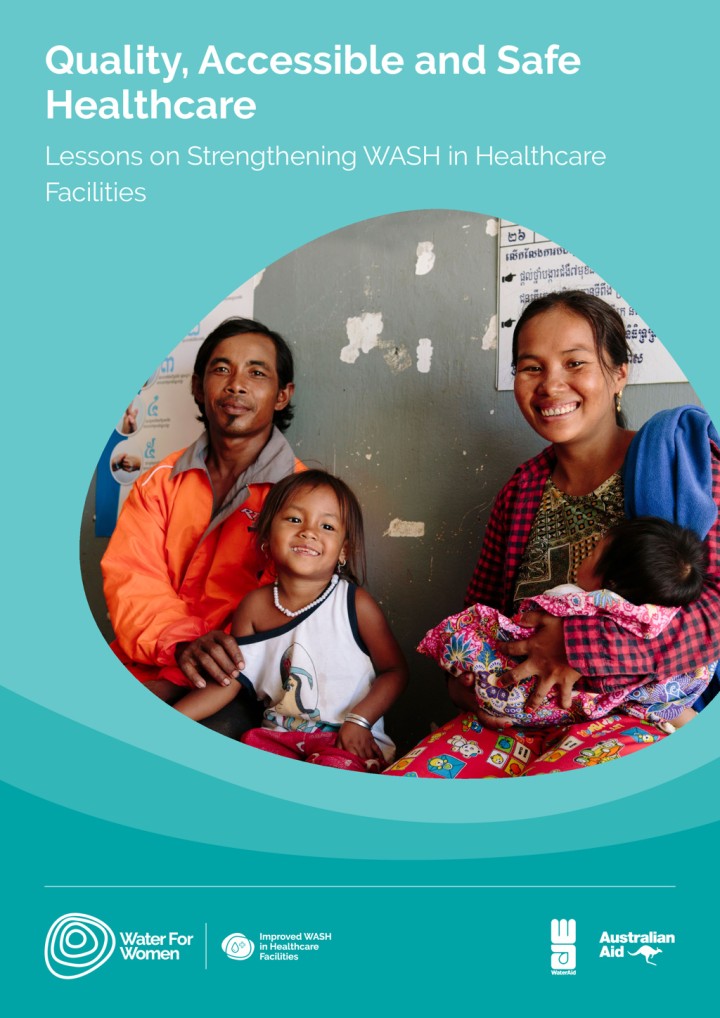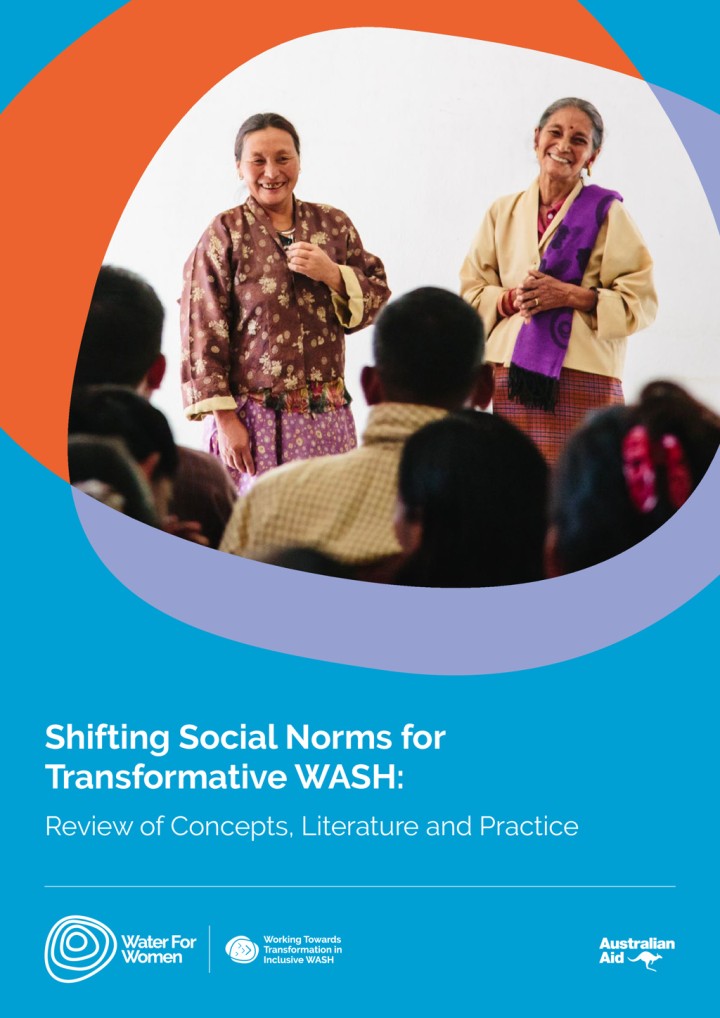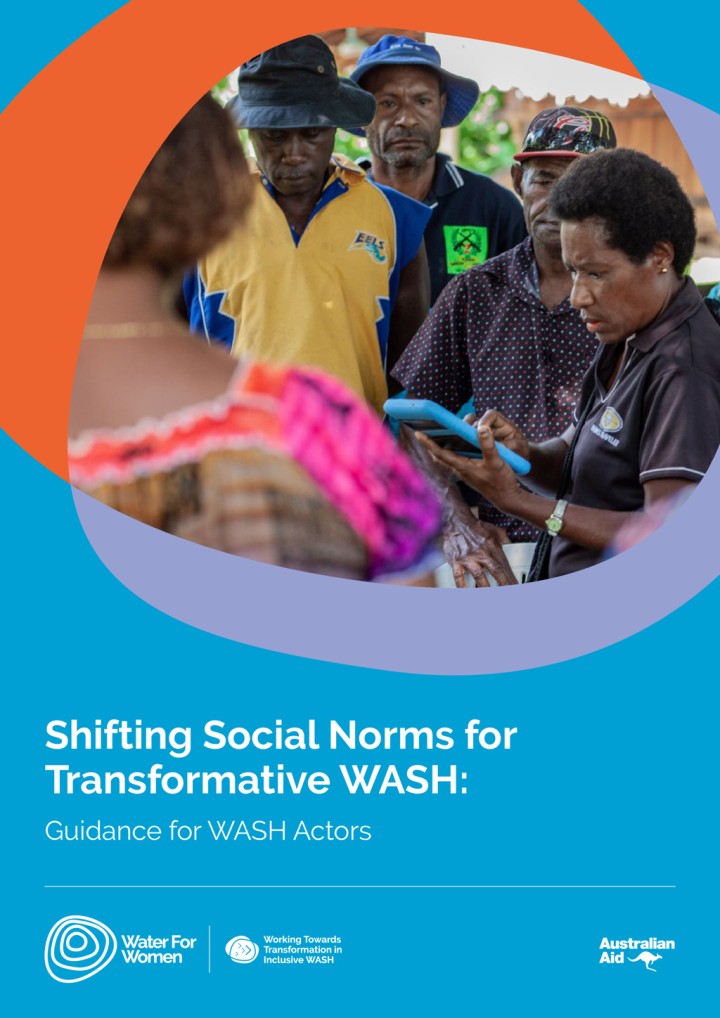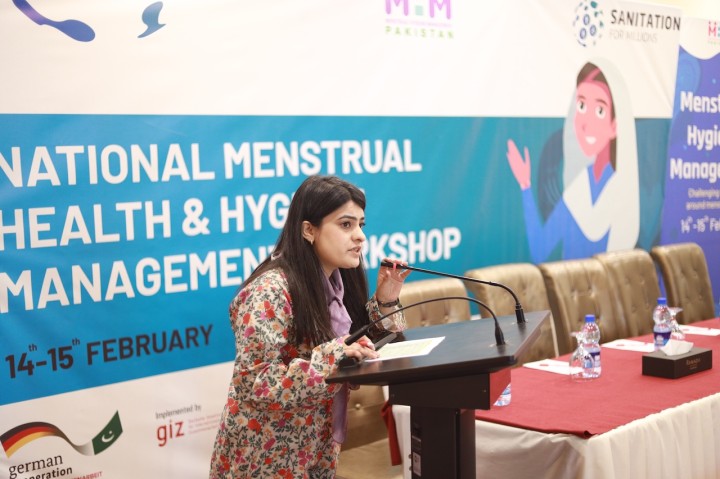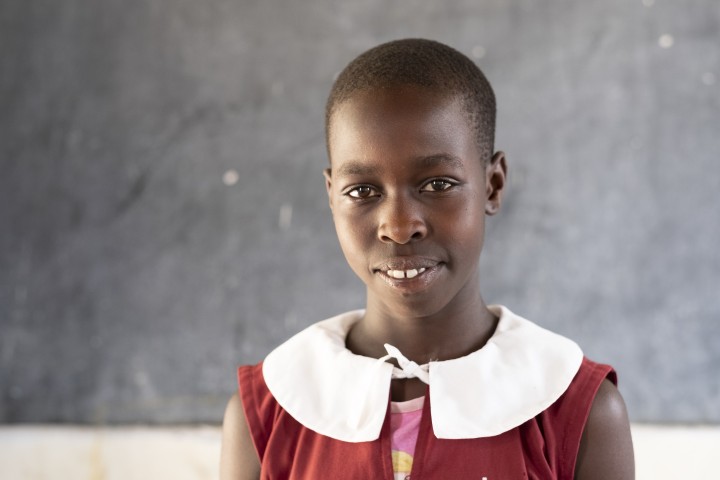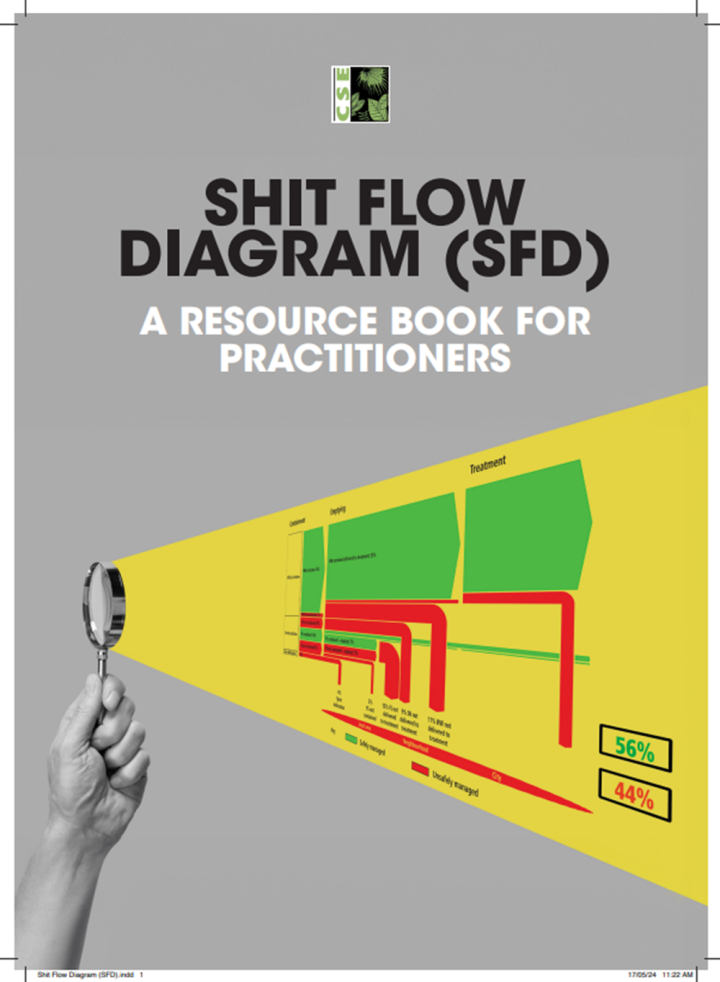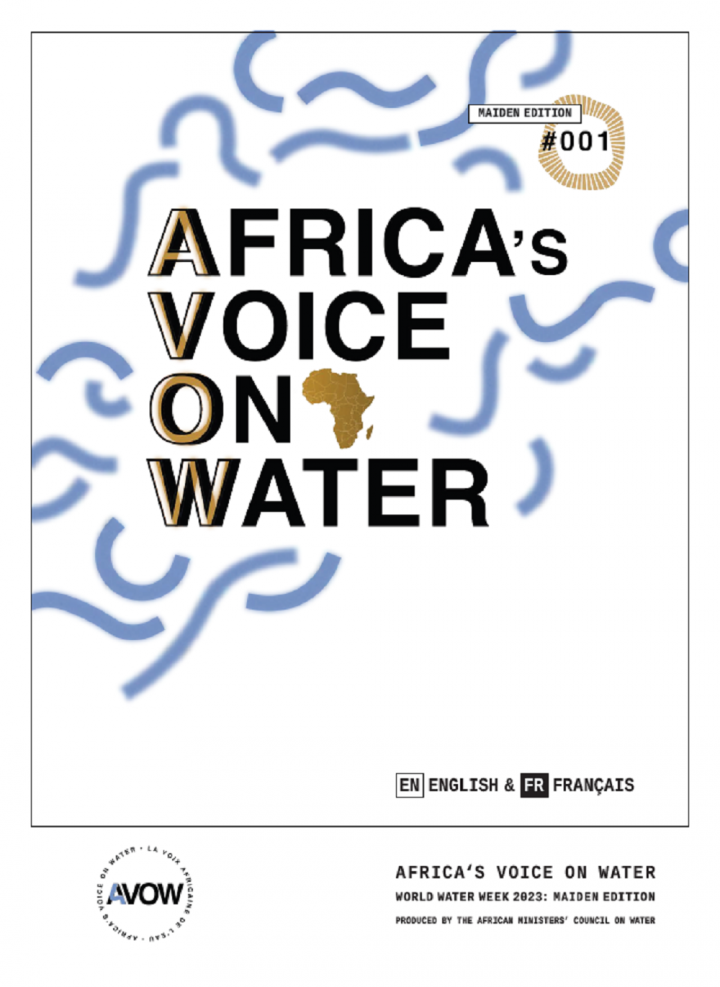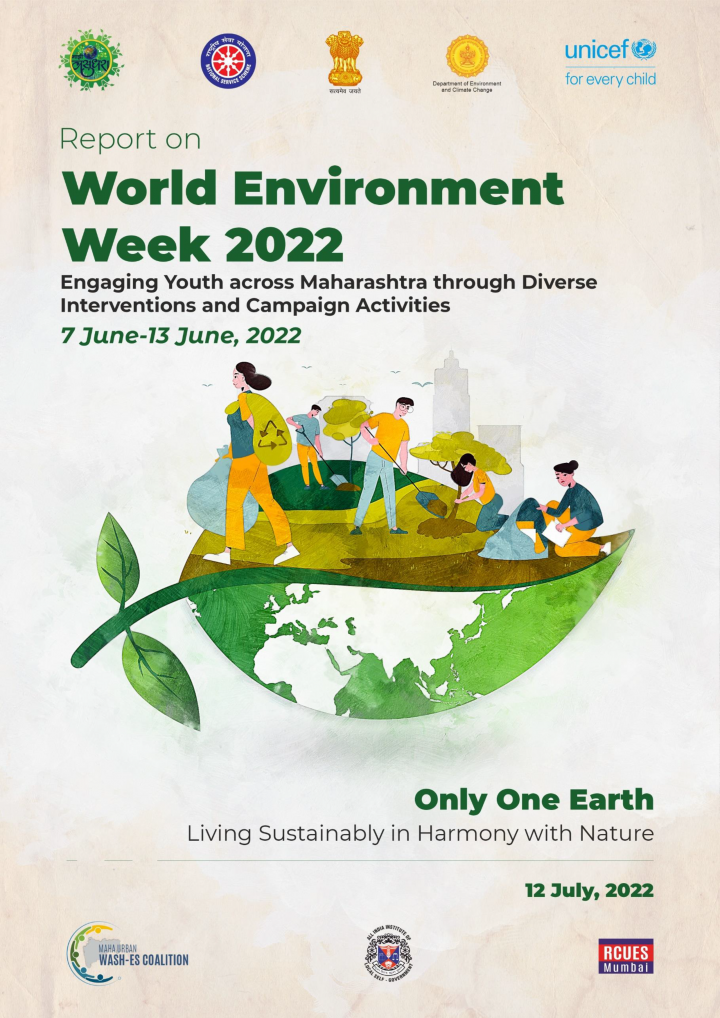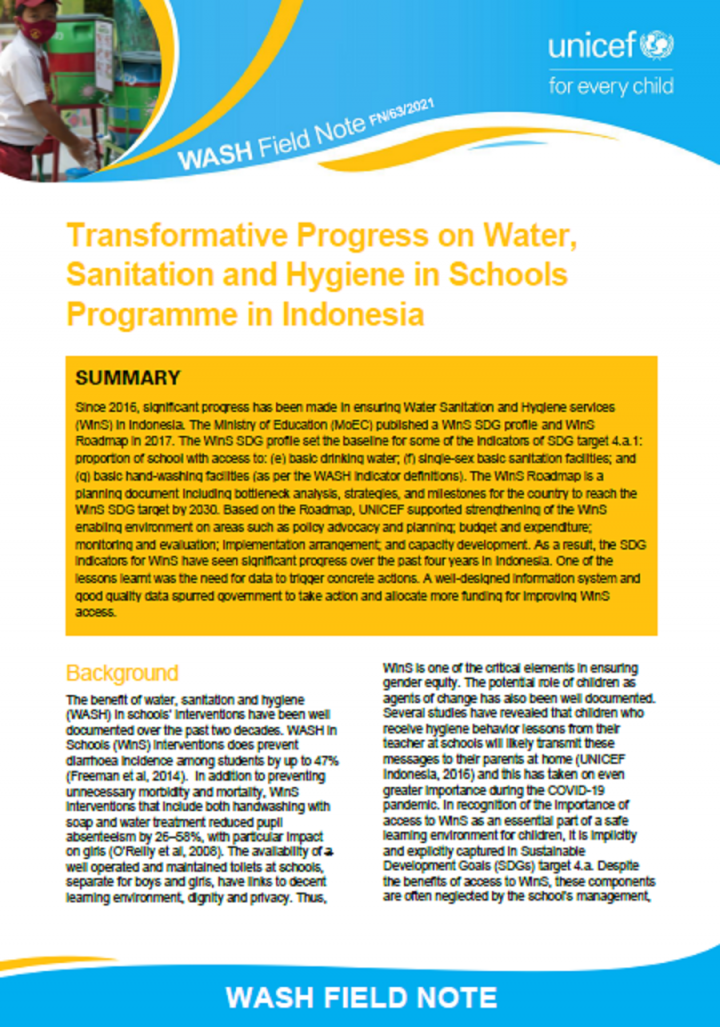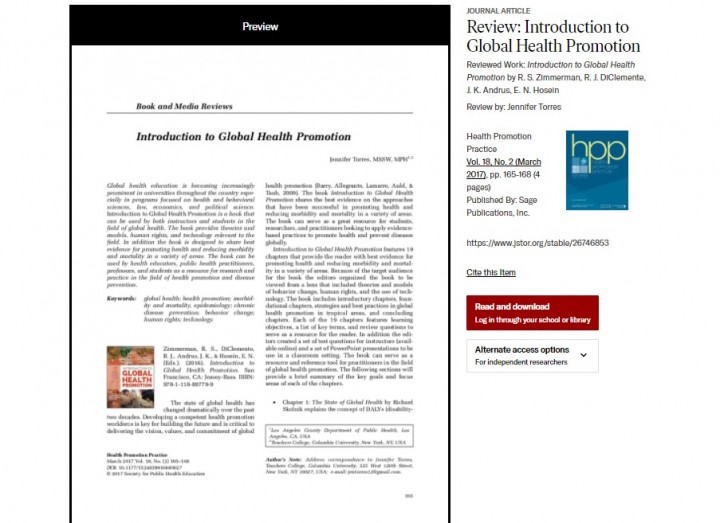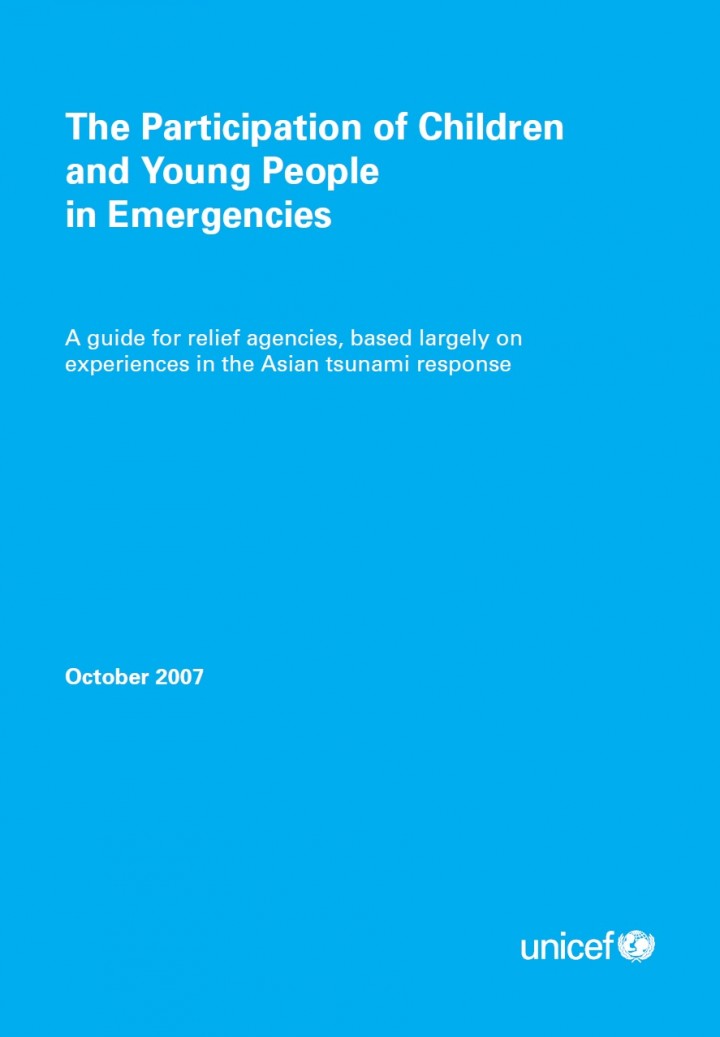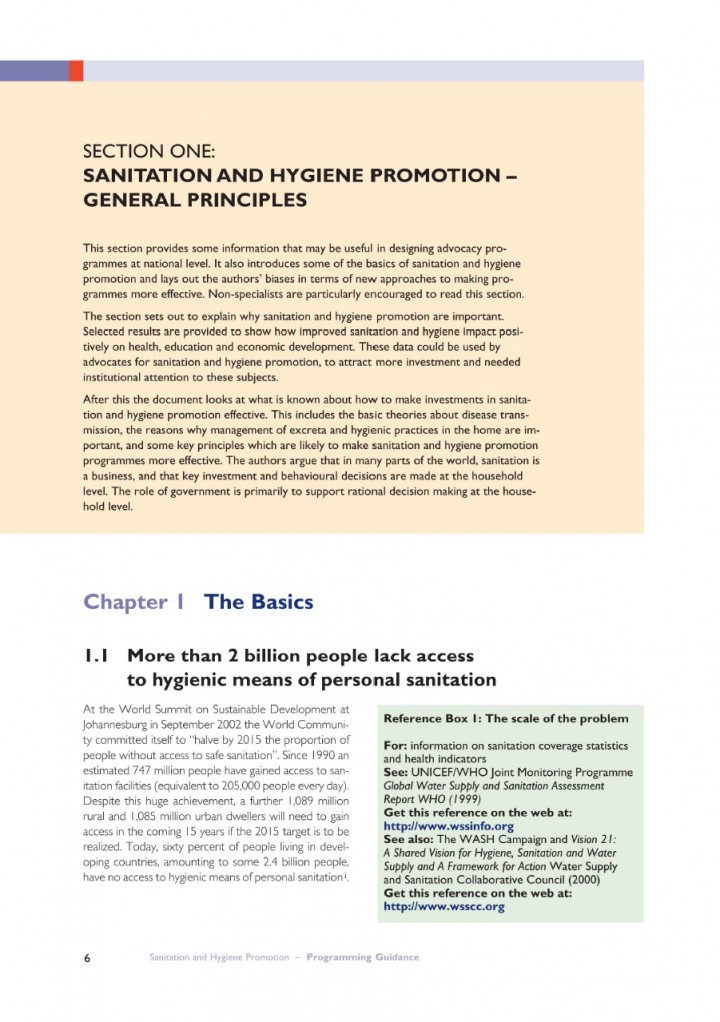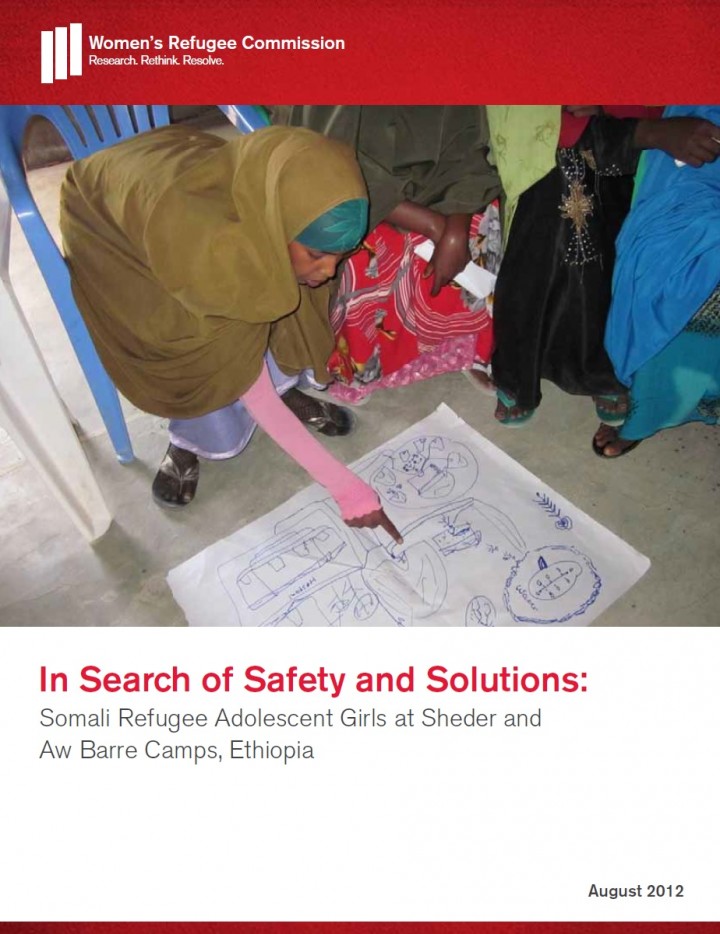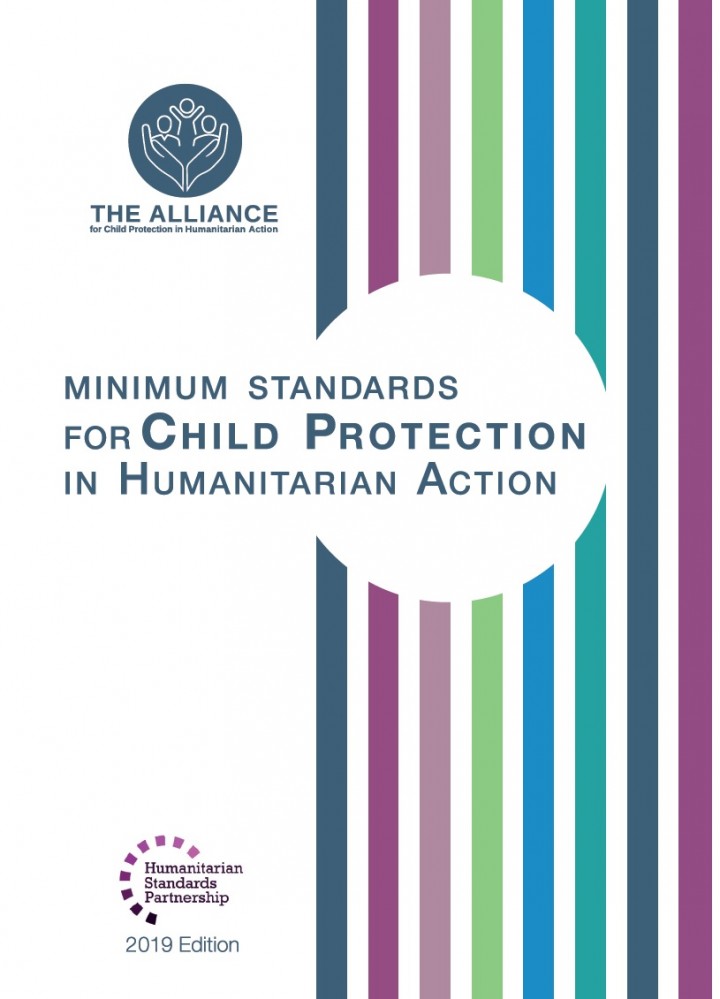Paresh Chhajed-Picha; N.C. Narayanan (2021) Refining the shit flow diagram using the capacity-building approach – Method and demonstration in a south Indian town
In cities of the Global South, faecal sludge management (FSM) has arisen as an acceptable and economical alternative for managing excreta. Shit flow diagram (SFD) has emerged as the preferred tool for the planning andadvocacy of FSM services. Besides context-specific challenges, FSM planning, especially the use of SFD is impeded by the lack of data related to on-site sanitation systems (OSSs) and lack of capacity […]
Initiative for Sanitation Workers (ISW) (2025) Sanitation workers, 6 years on: Successes, resources and looking forward
In Stockholm World Water Week 2019 the seminal report “Health, safety and dignity of sanitation workers. An Initial Assessment” was launched. It highlighted the appalling working conditions sanitation workers face and set out key areas for action. Accordingly, WaterAid, World Bank, WHO, ILO and SNV formed the Initiative for Sanitation Workers (ISW), a global advocacy alliance. Acknowledging that without a protected and healthy workforce the Sustainable Development […]
Water for Women (2023) Quality, Accessible and Safe Healthcare: Lessons on Strengthening WASH in Healthcare Facilities
This report highlights the achievements of Water for Women civil society organisation (CSO) partners in improving WASH in healthcare facilities (HCFs) in eight Asia-Pacific countries, including Bhutan, Cambodia, India, Myanmar, Pakistan, Papua New Guinea, Solomon Islands and Vanuatu. It draws out lessons learnt from partners' practical experience and research across the Fund. The recommendations should inform CSOs’ future project designs and advocacy to important […]
Water for Women (2022) Shifting Social Norms for Transformative WASH: Review of Concepts, Literature and Practice
This review, along with the allied guidance, is intended to support WASH actors with relevant examples of how to change harmful and exclusionary social norms in the context of WASH programming. WASH organisations are those that wholly or mostly work on WASH, in forms including advocacy, infrastructure, governance, finance, capacity development and behaviour change. This review is intended for those who would like to take […]
Water for Women (2022) Shifting Social Norms for Transformative WASH: Guidance for WASH Actors
This review, along with the allied guidance, is intended to support WASH actors with relevant examples of how to change harmful and exclusionary social norms in the context of WASH programming. WASH organisations are those that wholly or mostly work on WASH, in forms including advocacy, infrastructure, governance, finance, capacity development and behaviour change. This review is intended for those who would like to take […]
Sanitation for Millions (2024) Service Offer: Menstrual Hygiene Management – Advocacy on Policy Level and Cooperation with the Private Sector
This service offer contributes to the achievement of various Sustainable Development Goals (SDGs), particularly SDG 6.2 (equitable sanitation), SDG 3 (good health), SDG 4 (quality education), and SDG 5 (gender equality). It focuses on Menstrual Hygiene Management (MHM) at the policy level and in cooperation with the private sector. It provides an overview of essential background information, critical minimum standards, and the necessary steps for implementation. […]
Sanitation for Millions (2024) Service Offer: Menstrual Hygiene Management – Awareness Raising and Knowledge Sharing in Public Institutions
This service offer contributes to the achievement of multiple Sustainable Development Goals (SDGs), particularly SDG 6.2 (equitable sanitation), SDG 3 (good health), SDG 4 (quality education), and SDG 5 (gender equality). It focuses on Menstrual Hygiene Management (MHM) at the community level, especially in public institutions. It provides essential background information, critical minimum standards, and the necessary steps for implementation. The content is informed by the […]
Harsh Yadava (2024) Shit Flow Diagram (SFD): A Resource Book for Practitioners
Urban sanitation systems thinking has undergone a significant change—from infrastructure creation as a measure of progress, to service-level improvement, and now to equity and justice in sustainable service delivery. The Shit Flow Diagram tool unbundled the sanitation service value chain into distinct components with the aim of addressing service-level improvements at the different stages of the sanitation service chain. Identifying where the sanitation sub-systems were faltering […]
African Ministers´ Council On Water (AMCOW) (2023) Africa´s Voice on Water - Maiden Edition #001
Finally, Africa‘s Voice on Water (AVOW) magazine is here. AVOW is an initiative brought to you by the African Ministers‘ Council on Water (AMCOW) as a platform to amplify the collective voice of Africa‘ s water and sanitation sector. Join for a journey through the triumphs, challenges, and innovations that shape Africa‘s water and sanitation landscape. AMCOW wants to demonstrate its vision as an effective organ […]
(2022) Report on World Environment Week Maharashtra, India Engaging the youth across Maharashtra through diverse interventions and campaign activities
This report provides details of activities and campaigns organized by UNICEF Maharashtra Department of Technical & Higher Education, GoM, NSS Maharashtra, for raising awareness amongst students and introducing innovative interventions to prevent environmental degradation and harm, across major Universities of Maharashtra, with the support of MVA, DoECC, GOM and Maharashtra Urban WASH-ES Coalition at RCUES of AIILSG, Mumbai. The World Environment Day 2022 […]
Sanitation Workers Forum 2021 (2022) Learning from Other Sectors Workshop
Workshop to connect key learnings from other sectors (for example, solid waste management, waste picking) to advocacy and research on sanitation work (human waste management) across the world. Speakers 1. Sonia Dias (WIEGO's Global Waste Expert) 2. Christy Braham (WIEGO, Belgium) 3. Lakshmi Narayan (KKPKP Waste Pickers Union, India) 4. Nalini Shekar (Hasiru Dala, India) 5. Dr Isack Rugemalila (U.G Mazingira Waste Pickers' Association, Mazingira Cooperative Society, Tanzania) Chair: Andrés […]
Sanitation Workers Forum 2021 (2022) Connecting Labour Rights & Sanitation Workshop
Polite notice: This session includes detail (through the documentary film and presentations) about real-life cases of sanitation worker deaths and injuries, which some viewers/attendees may find upsetting* Workshop to connect key learnings from the labour and human rights sectors (on occupational health and safety, formalisation, collectivisation, worker entitlements and responding to labour violations) to ongoing advocacy on sanitation work in the Water, Sanitation and Hygiene (WASH) […]
Sanitation Workers Forum 2021 (2022) Thematic Session 6: Occupational Health & Safety (OHS), Policies, Laws and Regulations
This session examines some of the ways in which to enhance Occupational Health and Safety (OHS) of sanitation work, via technical innovations, as well as targeted laws, policies and regulations. The speakers highlight a number of worker-centred avenues to strengthen OHS, as well as key gaps where further participatory research and advocacy is urgently needed. Speakers 1. Froggi VanRiper (Oregon State University, USA) Talk Title: ‘Container-Based Sanitation in […]
Sanitation Workers Forum 2021 (0) Thematic Session 1: Marginalisation & Representation of Sanitation Workers
This session focuses on the changing terminology to describe sanitation work and workers, and persistent forms of stigma and discrimination that many workers face today. The speakers raise important questions about representation of workers in global and national-level advocacy, and the ongoing struggle to be recognised as an essential workforce. Speakers 1. Dr. Sheeva Y. Dubey (Assistant Professor, School of Media and Journalism at D Y Patil […]
R. Hendrawan (2022) Transformative Progress on Water, Sanitation and Hygiene in Schools Programme in Indonesia
Since 2016, significant progress has been made in ensuring Water Sanitation and Hygiene services (WinS) in Indonesia. The Ministry of Education (MoEC) published a WinS SDG profile and WinS Roadmap in 2017. The WinS SDG profile set the baseline for some of the indicators of SDG target 4.a.1: proportion of school with access to: (e) basic drinking water; (f) single-sex basic sanitation facilities; and (g) […]
Zimmerman, R., DiClemente, R., Andrus, J. K., Hosein, E. N. (2017) Introduction to Global Health Promotion
Introduction to Global Health Promotion addresses a breadth and depth of public health topics that students and emerging professionals in the field must understand as the world's burden of disease changes with non-communicable diseases on the rise in low- and middle-income countries as their middle class populations grow. Now more than ever, we need to provide health advocacy and intervention to prevent, predict, and address […]
UNICEF East Asia and Pacific Regional Office (2007) The Participation of Young People and Children in Emergencies A Guide for Relief Agencies, Based Largely on Experiences in the Asian Tsunami Response
Introduction Purpose and rationale Children have made significant and valuable contributions in emergency situations. They have taken on roles and responsibilities and they have taken action – including life-saving decisions. They have responded spontaneously and taken part in planned relief and recovery action. This has included them in protecting lives, providing health care, distributing relief, caring for children and adults, and offering a hand in psychosocial support, […]
WHO (2005) Sanitation and Hygiene Promotion - General Principles Section One
This section provides some information that may be useful in designing advocacy programmes at national level. It also introduces some of the basics of sanitation and hygiene promotion and lays out the authors’ biases in terms of new approaches to making programmes more effective. Non-specialists are particularly encouraged to read this section. The section sets out to explain why sanitation and hygiene promotion are important. […]
WRC (2012) In Search of Safety and Solutions Somali Refugee Adolescent Girls at Sheder and Aw Barre Camps, Ethiopia
The Women’s Refugee Commission completed a research mission to the Jijiga Somali refugee camps in Ethiopia in April 2012. The research mission was the first of three such missions, which are part of a threeyear global advocacy research project aimed at enhancing the safety and resilience of adolescent girls ages 10 to 16. The purpose of the three-week visit to Ethiopia was to assess Somali […]
The Alliance for Child Protection in Humanitarian Action (2020) Minimum Standards for Child Protection in Humanitarian Action
The Minimum Standards for Child Protection in Humanitarian Action (CPMS) have become one of the key resources for humanitarian workers since its launch in 2012. The CPMS have been developed to support child protection work in humanitarian settings by: Establishing common principles between those working in child protection; Strengthening coordination between humanitarian actors; Improving the quality of child protection programming and its impact on children; […]
